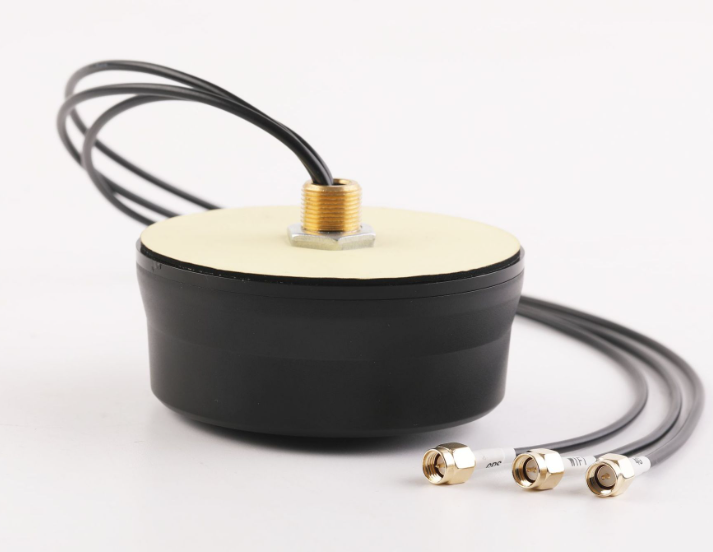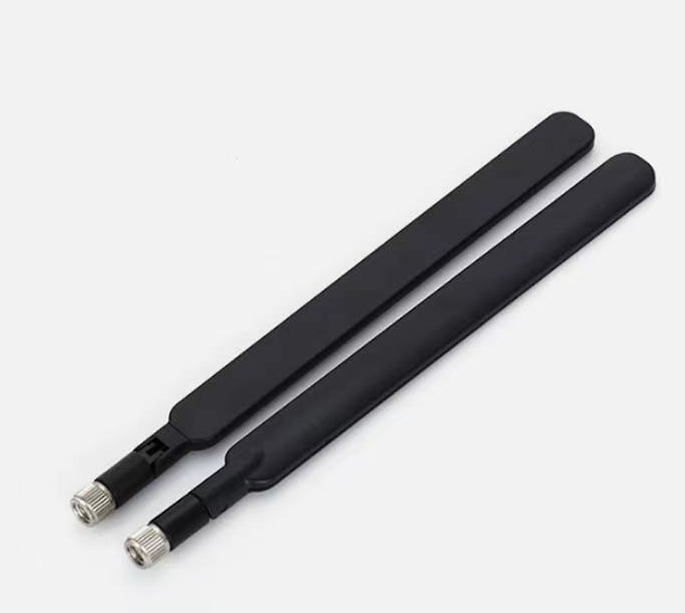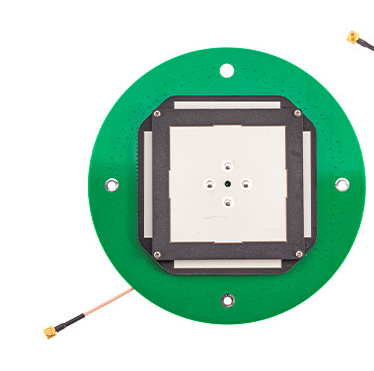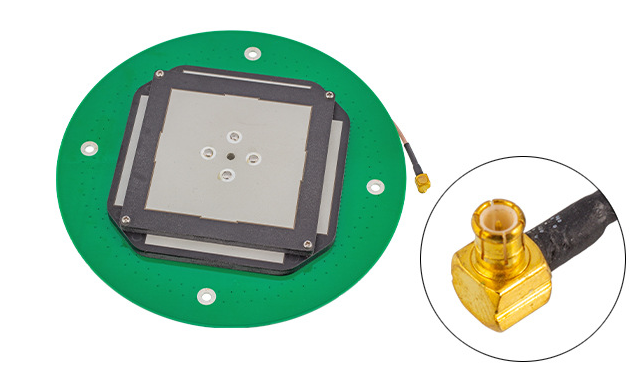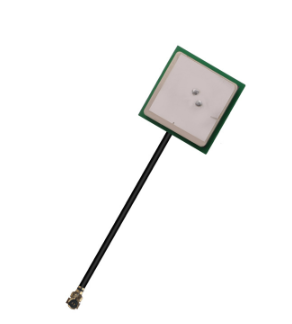Gps Antenna cabling
With the wide application of Global Positioning system (GPS) technology, GPS antenna routing is becoming more and more important in various fields. Whether in automobile navigation, UAV flight control, or accurate measurement in the field of scientific research, the rationality of GPS antenna routing directly affects the performance and effectiveness of GPS equipment. This paper will introduce the relevant knowledge of GPS antenna routing in detail to help readers understand and apply it better.
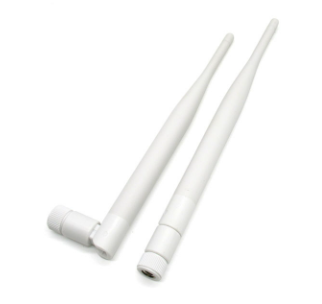
Overview of GPS Antenna
GPS antenna is the key equipment to receive GPS satellite signals, and its performance directly affects the positioning accuracy and stability of GPS equipment. When selecting GPS antenna, it is necessary to consider the type, size, working frequency, gain and other factors. The installation and wiring mode of GPS antenna is also very important.
Principles of GPS Antenna routing
1. Simplicity: wiring should be as concise as possible to avoid excessive bending and crossover, so as to reduce the risk of signal loss and interference.
2. Stay away from interference sources: wiring should be as far away from electromagnetic interference sources as possible, such as engines, motors, high-voltage wires, etc., in order to avoid interference affecting the reception of GPS signals.
3. Keep it fixed: ensure that the line is fixed in the process of wiring, so as to avoid loosening during driving or use, which will affect the stability of the signal.
4. Waterproof treatment: for outdoor GPS equipment, wiring should be waterproof to prevent Rain Water from affecting the normal work of the line and equipment.
GPS Antenna routing skills
1. Select the appropriate line: according to the use environment and demand of the equipment, choose the appropriate line material and length. In the vehicle, you can choose to route along the hidden part of the car body to avoid external interference and damage.
2. Grounding treatment: ensure that the GPS antenna is well grounded to improve the reception quality of the signal, and the grounding wire should be as short as possible to reduce resistance and interference.
3. Wiring sequence: in the wiring process, the GPS antenna should be installed first, and then the layout of other lines should be carried out, which can ensure that the position of the GPS antenna will not be affected by other lines.
4. Isolation of electromagnetic interference: where possible, materials such as shielding wire or aluminum foil are used to isolate electromagnetic interference to improve the reception quality of GPS signals.
Matters needing attention in GPS Antenna wiring
1. Avoid excessive bending: avoid excessive bending of the line when wiring, so as not to affect the transmission of the signal.
2. Prevention of lightning strike: when using GPS equipment outdoors, attention should be paid to prevent damage to the equipment caused by lightning strike, and lightning protection measures can be taken, such as installing lightning rod and so on.
3. Regular inspection: regular inspection of GPS antenna wiring, timely replacement or repair when problems such as line aging and damage are found.
4. Abide by the specifications: in the process of wiring, the relevant codes and standards should be observed to ensure the safety and stability of the line.
Practical Application of GPS Antenna wiring
1. Automobile navigation: in the automobile navigation system, the concealment and anti-interference of the GPS antenna should be taken into account. The GPS antenna can be arranged in the A-pillar or near the windshield of the vehicle to improve the signal reception quality.
2. Flight control of UAV: in the flight control system of UAV, the stability and anti-interference of GPS antenna are very important. GPS antenna can be installed in the stable position of UAV, and isolation measures can be taken to prevent the signal from being disturbed.
3. Scientific research field: in the accurate measurement in the scientific research field, the accuracy and stability of GPS antenna wiring are extremely high, so it is necessary to choose the appropriate GPS antenna and wiring mode to ensure the accuracy of the measurement results.
GPS antenna wiring is the key link to ensure the performance and use effect of GPS equipment. When choosing GPS antenna and wiring mode, we need to consider the use environment, requirements and related specifications and standards of the equipment. Through reasonable wiring methods and skills, we can improve the reception quality of GPS signals and ensure the stability and accuracy of the equipment. I hope this paper can provide useful reference and guidance for readers in GPS antenna routing.
